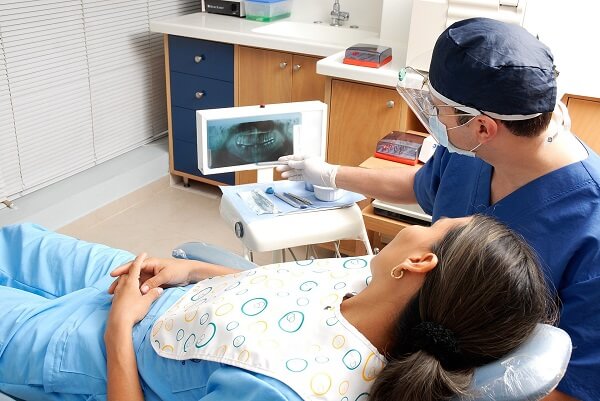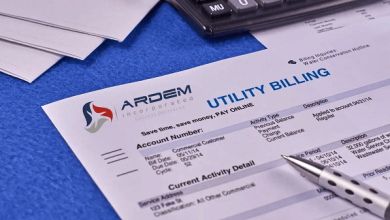Your Dental Start-Up Guide

Setting up a dental practice takes a lot of work, but it can be an incredibly rewarding career move for established dentists. That said, no one should jump into the process of starting a new business blindly, and that includes experienced dentists. Before even writing out a business plan, check out the dental start-up guide below.
The Big Decision
No one should undertake the process of starting a new dental practice lightly. Before moving forward, consider both personal and financial factors. Successful dental practices are started by established dentists who have some working capital, like to work independently, and know what to do when they need more dental patients. It takes a good deal of work to create a solid list of returning patients and the kind of reputation required to draw in new ones every day, so make sure now really is the right time and that the market can support another dental practice.
Business Plans for Dental Practices
Those who have never ventured into entrepreneurship often feel intimidated by business plans, but they don’t have to. Just think of the business plan as a roadmap that can be used to navigate challenges and steer the practice toward success. It should include specific details about:
- Budget and spending
Services provided
Fees charged for services provided
Payment policies
Insurance plan acceptance
Current market conditions and competitors
Marketing strategies and plans
Remember that a business plan isn’t just for the person starting the practice. It will also be used to obtain financing, draw in investors, and accomplish other essential goals.
Choosing a Location
The first step to finding a good location is determining how many established dental practices there are in the area and where they are located. On average, the total number of dentists per capita that areas can support is around 55 per 100,000 residents. However, finding the right location isn’t just about seeking out a town or neighborhood that is currently in need. It’s also about seeing what kinds of services the other dentists offer and whether the new practice will be able to differentiate itself.
After deciding on a general area, future practice owners need to determine how much space they’ll need for not just exam rooms but also waiting rooms, reception areas, storage space, break rooms, and other key areas. It may not be possible to find the perfect layout, but dentists who know what to look for will have an easier time finding the right building to lease.
Equipment and Staffing
Dentists starting their own practices can expect a good deal of the initial investment capital to be put into purchasing or leasing equipment and modern dental technologies. In some cases, dentists can find existing practices for sale, which makes obtaining equipment and finding appropriate office space much easier. In most, though, they’ll have to convert and equip the space before opening up for business, so take that into account early on in the planning process.
It’s equally important to consider staffing needs sooner rather than later. Even dentists who plan to go into practice by themselves still need receptionists, assistants, and office managers.
The Final Step: Get the Word Out There
Don’t wait until the last minute to establish an effective marketing strategy. Reach out to a firm well before welcoming in the first patient. Paid advertisements will bring new patients in relatively quickly, but it’s still best to start attracting attention and building brand recognition in advance. From there, the rest will be comparatively easy.

















